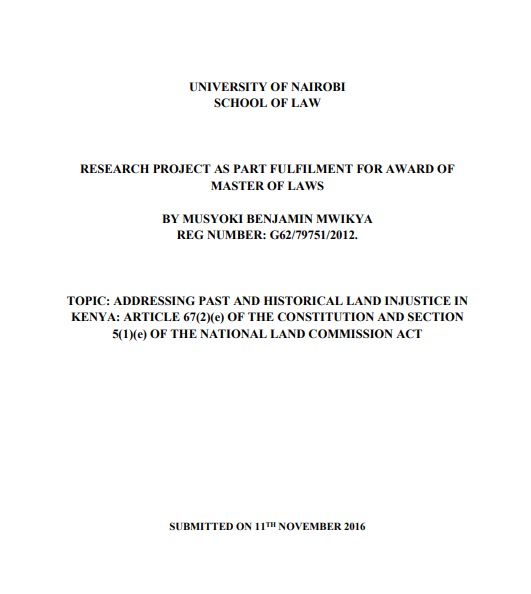Periurban Land Redevelopment in Vietnam under Market Socialism
Starting in the 1990s, the Vietnamese state sought to expand and modernise the country’s urban system after four decades of anti-urban policies. This paper examines the reworking of the socialist land regime that followed from this shift. It begins by explaining how new legislation and institutions combined market and socialist principles to lure domestic enterprises into realising the state’s new urban ambitions. It then shows how this hybrid reordering of policy triggered local experiments with periurban land redevelopment and new forms of alliances between the state and private capital.




